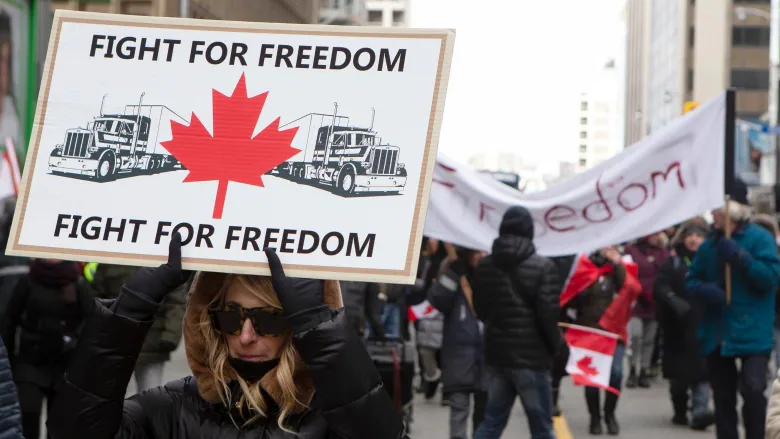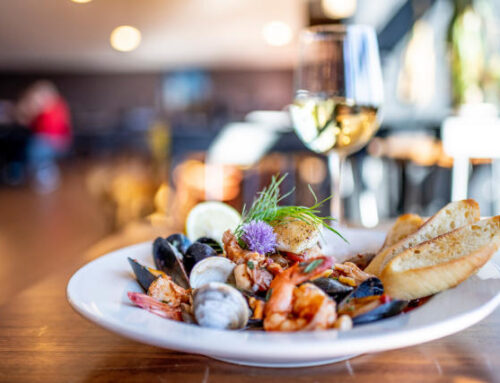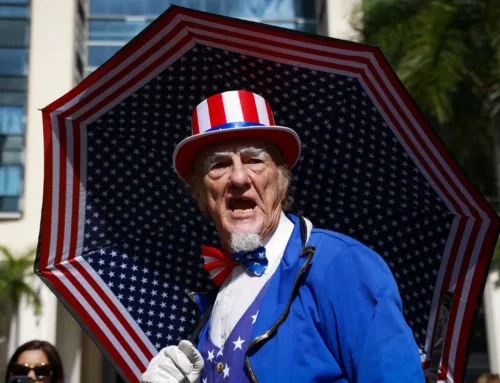CBC Radio
February 13, 2022
-CBC
As demonstrations against COVID-19 restrictions continue across Canada, the word freedom is on the lips and placards of many protesters.
Often associated with protests and rallies in the United States, the term has taken hold among protesters who are part of the Freedom Convoy, which rolled into Ottawa in late January and has become entrenched in the city’s downtown.
For many, freedom is a malleable term — one that’s open to interpretation.
That flexibility, in part, has fuelled its growth among certain groups, said Barbara Perry, director of the Centre on Hate, Bias and Extremism at the Oshawa-based Ontario Tech University.
“It is a term that has resonated…. You can define it and understand it and sort of manipulate it in a way that makes sense to you and is useful to you, depending on your perspective,” she told Cross Country Checkup.
It’s also a term that has thrived among far-right groups, said Perry, one of a number of experts who say the presence of far-right groups in Canada is growing.
As seen among some protesters currently opposing vaccine mandates and other public health measures, freedom signals a desire for freedom from government intervention or overreach, Perry noted.
“I think it resonates very much with what we’ve been seeing — and maybe takes some inspiration from what we’ve been seeing — in the U.S. over the last year and a half or so, leading up to the last election and events of Jan. 6,” she said, referring to the insurrection at the U.S. Capitol.
Protesters have gridlocked the streets of Ottawa with tractor-trailers and personal vehicles for 16 days as part of what they call the Freedom Convoy. Similar protests have sprung up across Canada in the wake of the ongoing demonstration in the nation’s capital, including at international border crossings in Ontario, Manitoba and Alberta.
Convoy protesters are calling for an end to all vaccine mandates, as well as other pandemic-related restrictions. Canada Unity — one of the main organizing groups behind the protests — says on its website that it’s committed to “upholding freedom of choice” for Canadians.
Evan Balgord, executive director of the Canadian Anti-Hate Network, says the way many protesters frame their calls for freedom renders the word meaningless — and what they’re really asking for is a shift in government policy that could potentially have a negative impact on others.
“When they’re yelling they care so much about their freedom, they’re taking freedoms away from other people who don’t have the same kind of agency and choice that they do,” he said.
Concept of freedom can be used to reject equality
To see the word freedom bandied about as part of these protests points to a broader circulation of what Elisabeth Anker calls “violent” forms of freedom.
“Freedom is a slippery concept,” said Anker, an associate professor of political science at George Washington University and author of Ugly Freedoms, which examines the history of how freedom, as a concept, has been used in American society.
“On the far right, [individual freedom] is often translated into somebody who refuses to be bound by norms of equality, treating all people equally or norms to remedy inequality, whether that’s trying to remedy racial discrimination or gender discrimination.”
The word has been used by far-right groups as part of push-back against efforts to remedy inequality, she added.
And while those forms of “violent freedom” can result in situations that are dangerous, discriminatory or anti-democratic, the call to action can gain broader support because fighting for freedom is seen as a noble cause.
Far-right groups began appearing in Canada back in 2015, and in the years since, Perry says that anti-state rhetoric has gained more mainstream popularity.
Now, “freedom” leads social media posts about the protests, is trumpeted in memes and is even the focus of merchandise. A bumper sticker that reads “Mandate Freedom,” emblazoned with a Maple Leaf, is available for sale online. So are T-shirts and hats promoting the Freedom Convoy.
Pushing individual freedom over social good
Anker says the concept of freedom as displayed in the anti-mandate protests is something more often attributed to the United States. “Freedom is often used almost as a national entitlement, as a claim for what people have,” she said.
While some in the U.S. may see mask mandates as a violation of individual rights, for example, citizens in many other countries wouldn’t consider such rules to be an intrusion.
In those places — and in Canada — it’s likely there’s a general consensus that wearing masks is for the benefit of society’s most vulnerable.
But even in Canada, some protesters have balked at the idea, claiming the need for freedom.
“It’s been taking a lot of people by surprise to see people in Canada, who often seem so much more accepting of social interdependence, to start pushing back against it with the language of individual freedom,” said Anker.




